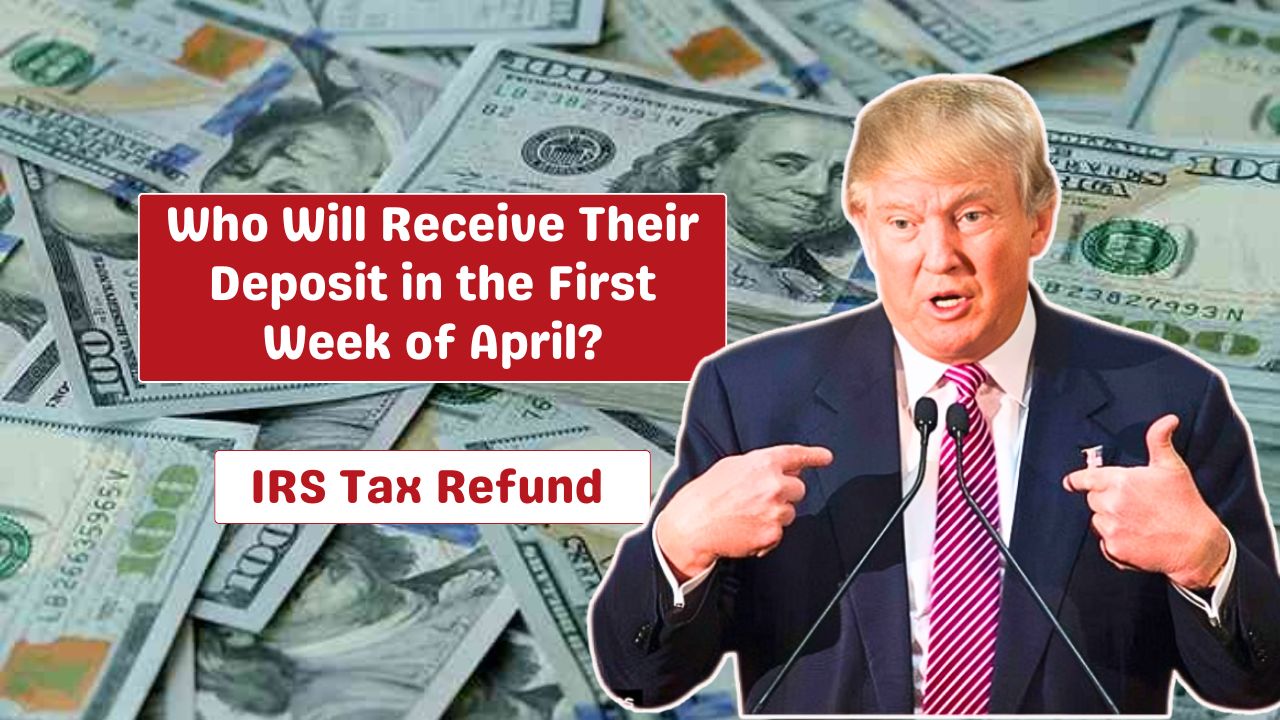Prime Minister Justin Trudeau’s recent announcement of a temporary GST holiday and the Working Canadians Rebate has elicited a broad spectrum of responses from Canadians. While some welcome the measures as timely relief during the holiday season, others criticize them as inadequate and politically motivated. Let’s look into the various reactions, the specifics of the GST holiday, and how it compares to the New Democratic Party’s (NDP) tax relief proposals.
Table of Contents
Public Reactions
Critics argue that the GST holiday is a calculated move aimed at bolstering the government’s image ahead of upcoming elections. Many feel the measure lacks long-term value, dubbing it a “temporary patch” for deeper economic issues.
One social media user encapsulated this sentiment, suggesting the government’s strategy was to “blow the budget before handing it over to the next government,” setting them up to take the blame for any resulting fallout.
NDP’s Proposal
Another common criticism comes from those who see Trudeau’s plan as insufficient compared to NDP Leader Jagmeet Singh’s Tax-Free Essentials Campaign. Singh’s proposal calls for permanent GST exemptions on critical living costs such as heating, groceries, internet services, and cell phone bills. Many Canadians voiced their preference for these broader, more permanent measures over Trudeau’s limited and temporary approach.
Relief
On the flip side, some Canadians view the GST holiday as a much-needed relief during the high-spending holiday season. Families planning to spend more on gifts, food, and decorations have welcomed the initiative, with one commenter stating, “A tax break on essentials is a relief for many Canadians.”
Cautious Optimism
Some Canadians expressed cautious optimism, appreciating the temporary assistance while acknowledging that it doesn’t address year-round economic pressures. For them, any help during a financially demanding period is better than no help at all.
GST Holiday
The GST holiday aims to reduce the financial burden for Canadians during the holiday season by eliminating GST on specific categories of items. Here’s a breakdown:
| Category | Details |
|---|---|
| Prepared Foods & Snacks | Bakery items, prepared meals, snacks, etc. |
| Restaurant Meals | Dine-in, takeout, and delivery services |
| Children’s Clothing | Winterwear, footwear, and essentials |
| Children’s Necessities | Diapers, baby wipes, and other baby products |
| Toys | Educational and general children’s toys |
| Holiday Decorations | Christmas trees, wreaths, lights, and festive items |
The holiday’s timing is strategic, aligning with peak holiday spending to maximize its impact.
Canadians Rebate
In addition to the GST holiday, Trudeau announced the Working Canadians Rebate. This program will provide a $250 cheque in 2024 to eligible Canadians who worked in 2023 and earned up to $150,000. The initiative is targeted at middle-income Canadians to help offset the rising cost of living.
Political Reactions
Jagmeet Singh offered a measured critique of Trudeau’s measures, acknowledging the GST cut as a step in the right direction but emphasizing its shortcomings. Singh argued that his party’s proposal for a permanent GST exemption on essentials like groceries and heating would provide more substantial and lasting relief to Canadians.
Describing Trudeau’s approach as a “partial concession” to the NDP’s Tax-Free Essentials Campaign, Singh criticized the government’s failure to address broader household expenses and monthly bills.
Trudeau’s Plan
- Holiday Relief: The GST holiday offers targeted financial relief during the holidays when consumer spending peaks.
- Support for Workers: The $250 rebate for working Canadians provides direct assistance to middle-income earners.
Weaknesses
- Temporary Nature: The GST holiday lasts only two months, limiting its impact and failing to address year-round financial struggles.
- Limited Scope: The tax cut applies to a narrow range of items, excluding critical monthly expenses like utilities and telecommunications.
Comparing
| Aspect | Trudeau’s GST Holiday | NDP’s Proposal |
|---|---|---|
| Duration | Temporary (holiday season) | Permanent |
| Items Covered | Specific holiday-related goods and services | Essential household expenses |
| Examples of Exemptions | Toys, prepared foods, holiday decorations | Groceries, heating, internet, cell bills |
| Target Audience | All Canadians during holidays | Broader relief for low- and middle-income families |
Public Sentiment
The mixed reactions to Trudeau’s announcement highlight a growing divide in public opinion about how best to address Canada’s economic challenges. While some Canadians appreciate the immediate relief provided by the GST holiday and rebate, others feel that more comprehensive, long-term solutions are necessary to tackle the rising cost of living.
The debate between Trudeau’s measures and Singh’s proposals underscores differing political approaches to economic relief. For many Canadians, the question remains: Will temporary solutions suffice, or is there a need for more permanent and wide-reaching reforms?
FAQs
What is the GST holiday?
A temporary tax break removing GST on select holiday items.
What items qualify for the GST holiday?
Prepared foods, toys, children’s clothing, and decorations.
What is the Working Canadians Rebate?
A $250 cheque for workers earning up to $150,000 in 2023.
How does the NDP’s plan differ?
It proposes permanent GST removal on essential expenses.
Why is the GST holiday controversial?
Critics see it as temporary and politically motivated.








